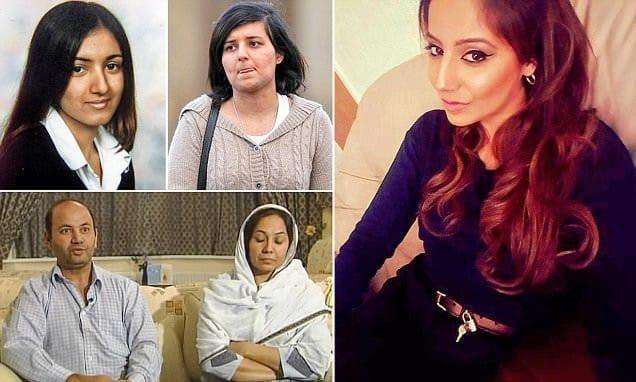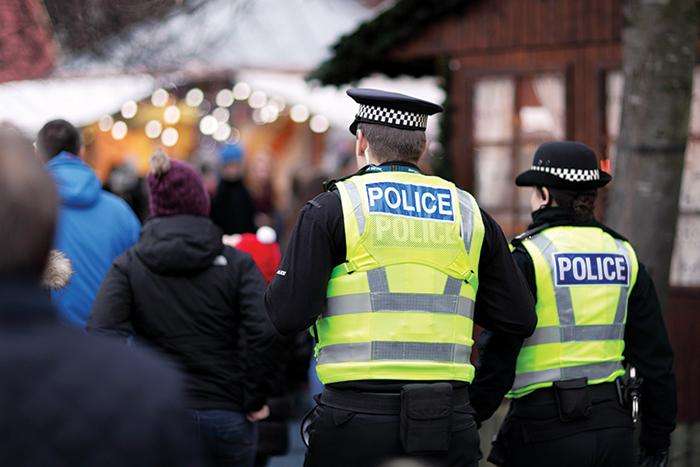A new study has found that Black children detained by police are 15% more likely to be charged and drawn into the criminal justice system than white children facing similar offences.
The report, released by the Youth Endowment Fund (YEF), which works to prevent youth violence, revealed that Black children were 14.8% less likely to be offered diversion options—such as mentoring or counselling—that can help them avoid a criminal record early in life.
Researchers accounted for offence severity and prior criminal history to ensure a fair comparison. The study concluded that the disparity highlights “systemic inequities” in how young people are treated by the justice system.
The research examined nearly 265,000 cases involving children aged 10 to 17 who were arrested or faced further action following stop-and-search encounters by the Metropolitan Police in London between 2015 and 2022. It is thought to be the most extensive analysis of its kind.
The report also found significant geographical differences. Children in outer London boroughs, which are generally less diverse, were more likely to be diverted from the criminal justice system. For instance, Bromley, Bexley, and Kingston upon Thames had diversion rates of 66%, 65%, and 65% respectively. In contrast, inner-city boroughs such as Haringey (43%), Lambeth (42%), and Hackney (41%) had the lowest diversion rates.
Previous research has already highlighted racial disparities throughout the criminal justice system. Critics attribute these gaps to institutional racism—an issue acknowledged in the 1999 Macpherson report on the Stephen Lawrence case, and more recently in the 2023 Casey review of the Met Police.
The report also noted that Black youth may be less inclined to admit guilt due to distrust of the police, which can disqualify them from some diversion programmes.
It concluded: “Two overlapping inequalities emerge for Black children and young people: i) they are subject to higher rates of police contact compared to other ethnic groups, and ii) they are less likely to be diverted after police involvement.”
Even after adjusting for the nature of the offence and prior arrests, Black children remained 8.88 percentage points less likely to be diverted than their white counterparts. The gap was even more striking in knife crime cases: only 17.2% of Black children were offered diversion, compared to 35% of white children—though this particular data point did not control for case severity or prior history.
Ciaran Thapar of the YEF said: “This research shows that a Black child arrested in Lambeth for the same offence as a white child in Kingston could face a very different outcome. That inconsistency is alarming—it suggests Black children are being disproportionately and unnecessarily drawn into the justice system early in life.”
The report also stressed that diversion reduces reoffending and offers young people a chance to move forward without the burden of a criminal conviction.
Thapar added: “Diversion appears to be an effective way to prevent further crime and violence. Many local organisations are doing vital work to support children before they are criminalised. The Met must be encouraged to use diversion more fairly and supported through sustainable funding of community-based initiatives.”
The Metropolitan Police did not provide a comment on the findings, despite the study being based on its own data.








.svg)




_2.jpg)